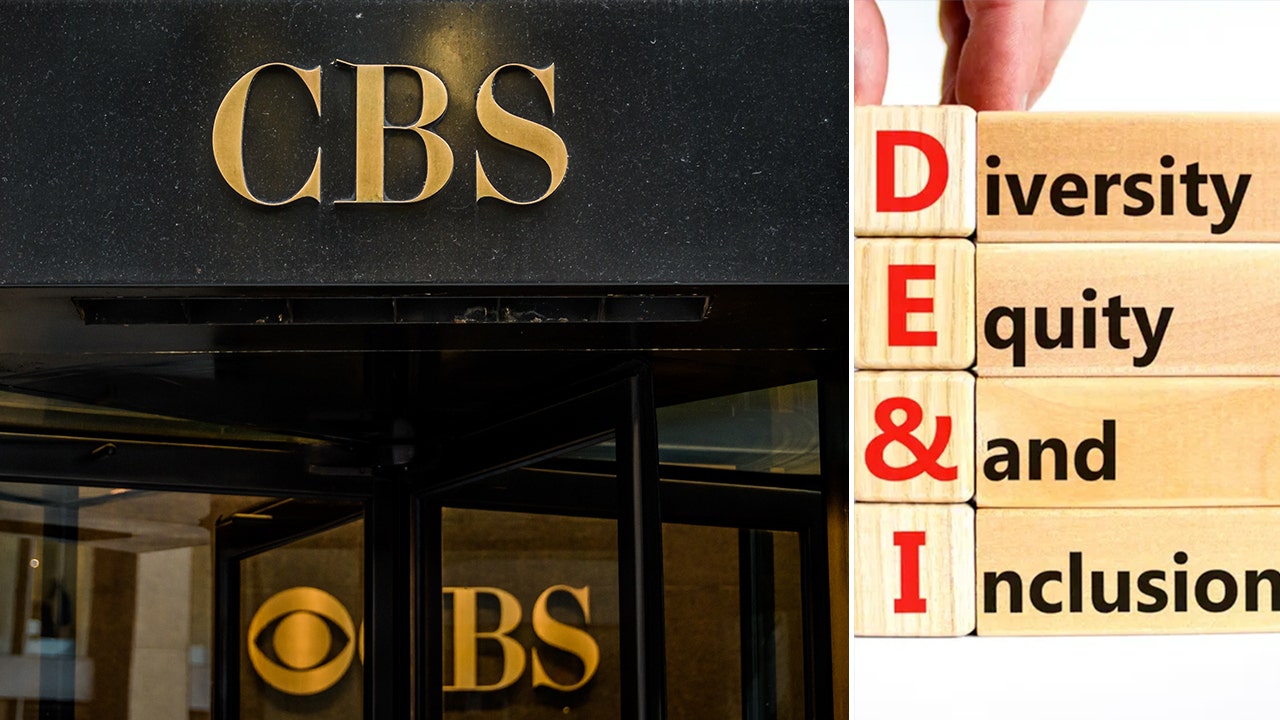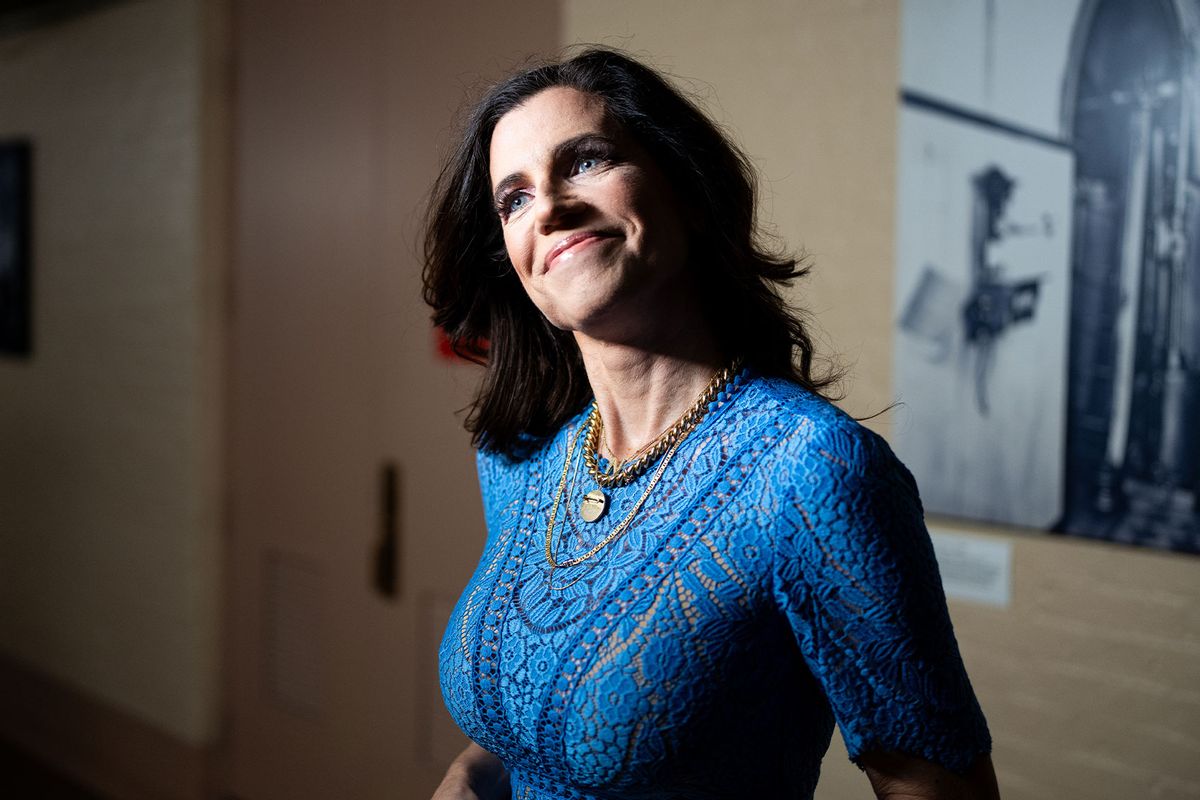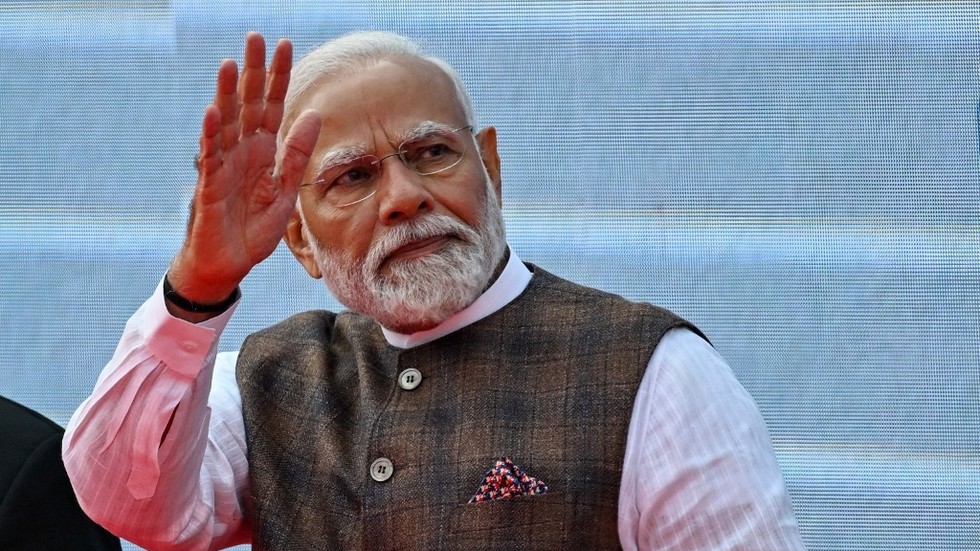New Delhi may remain Washington’s partner in some areas, but it will never be the proxy the Americans want
By Timur Fomenko, political analyst
After India pursued a deal with Iran on the Chabahar Port, the US responded by threatening New Delhi with sanctions, leading to India’s foreign minister accusing Washington of “bullying.” This rift has exposed the growing geopolitical incompatibility between the two countries over the past several years, even as the US championed India as a critical strategic partner against China.
Since 2017, the US has promoted India as one of its key partners. It even went so far as to rename an entire region “the Indo-Pacific,” eyeing New Delhi as a key strategic asset in its longstanding strategic ambition of containing the rise of China.
Thus, India was celebrated for its commitment to democracy, its potential as a new economic and manufacturing giant, and became part of a grouping known as “The Quad,” alongside Australia and Japan. New Delhi itself was happy to capitalize on these strategic overtures to enable its own economic and political rise as a great power. As the West soured on China, Prime Minister Narendra Modi saw that India’s time had come.
All of a sudden, however, this newly found optimism for India melted away, despite Western economic engagement with the country growing. New Delhi appears increasingly estranged from US objectives, even to the point that “The Quad” was recently marginalized in favor of a new grouping, dubbed “The Squad” with the militantly pro-US Philippines under Ferdinand Macros Jr taking India’s place. It is as if the US believes Manilla will do more to cooperate on anti-China objectives than New Delhi, such as joint military exercises. Thus, from close proximity, India appears to be falling into relative estrangement. What happened?
First, India has an independent and strictly self-interested foreign policy. It might be willing to lean towards the US for its own gain, but that does not make it an “ally.” The US can subdue many countries into following its foreign policy objectives, such as Britain, the Baltic states, or the Philippines, but India only joins in if it sees fit. Talk of New Delhi being part of an ideological cause for “democracy and freedom” is nonsense, and its leadership has never seen such cooperation in this way, despite its grievances with China. India has no commitment to US unipolarity like Britain or Australia would support, and instead seeks to rise as a power in its own right in a multipolar world.
In doing so, India actively takes positions of disagreement with the US and its allies when it is necessary to do so. Over the past two years, these points of disagreement between New Delhi and the West have surged due to unavoidable changes in the international environment, which have increased geopolitical conflict. India has had an interest in balancing the rise of China, because it recognizes that it can benefit economically from supply-chain and manufacturing realignments. However, when US-led foreign policy begins to attempt to crush all multipolarity for its own benefit, this becomes a strategic problem for India and creates a divergence in the two nations’ objectives. One particular example is the war in Ukraine.
The US has sought to use the war as a means to attempt to economically and militarily cripple Russia, as nonsensical as this has been proven, thus seeking to eliminate one of India’s key strategic partners in the field of energy and armaments. Why would India comply with the US-led sanctions regime? It did not, and even pursued currency changes to avoid it. Ukrainian victory would strategically weaken and isolate India, forcing it into a Western dependency scenario. Worse still, the war has ushered in an improvement in US relations with Pakistan following the removal and jailing of anti-US Prime Minister Imran Khan. The US, of course, tried to ignore and reconcile these differences for quite a while, even as it leaned on India’s shoulder. But then a second issue emerged in this newly fraught geopolitical environment: the Israel-Gaza war.

Many Indians support Israel because of the Hindu nationalist dislike for Islam. However, New Delhi also frames itself as a champion of the Global South, and recognizes that it would lose credibility in toeing the Western line of unconditional support for Israel’s campaign of genocidal destruction. More importantly though, the situation has also entailed increased Western conflict with Iran, which is another strategic partner of India, a country with which it has historical and cultural ties, and is another critical energy supplier. As US tensions with Iran grow, India will not follow suit on Western pressure.
Then finally, to top it all off, a recent Biden gaffe ruffled feathers in India wen he called the nation “xenophobic.” All of this has had the effect of recalibrating India’s balancing act on its foreign policy and distancing itself from the US.
In conclusion, New Delhi may be a US partner in some areas, but it is not a US proxy. The two countries have very different visions for the emerging new world order. India cannot accept US subjugation or the removal of its own strategic partners from the chessboard, which has quickly stifled Washington’s starry-eyed vision of India being the newest global champion of freedom and democracy, in pursuit of a unipolar world.
The statements, views and opinions expressed in this column are solely those of the author and do not necessarily represent those of RT.



















Discussion about this post